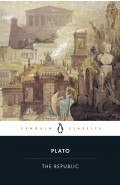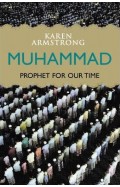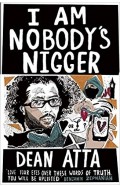- Home
- Non Fiction
- Biography/Autobiography
- Biographies
- Jinnah: His Successes, Failures and Role in History
Jinnah: His Successes, Failures and Role in History
By: Ishtiaq Ahmad
-
Rs 4,045.50
- Rs 4,495.00
- 10%
You save Rs 449.50.
Due to constant currency fluctuation, prices are subject to change with or without notice.
Mohammad Ali Jinnah has been both celebrated and reviled for his role in the Partition of India, and the controversies surrounding his actions have only increased in the seven decades and more since his death. Ishtiaq Ahmed places Jinnah's actions under intense scrutiny to ascertain the Quaid-i-Azam's successes and failures and the meaning and significance of his legacy. Using a wealth of contemporary records and archival material, Dr Ahmed traces Jinnah's journey from Indian nationalist to Muslim communitarian, and from a Muslim nationalist to, finally, Pakistan's all-powerful head of state. How did the ambassador of Hindu-Muslim unity become the inflexible votary of the two-nation theory? Did Jinnah envision Pakistan as a theocratic state? What was his position on Gandhi and federalism? Asking these crucial questions against the backdrop of the turbulent struggle against colonialism, this book is a path-breaking examination of one of the most controversial figures of the twentieth century.
Mohammad Ali Jinnah has been both celebrated and reviled for his role in the Partition of India, and the controversies surrounding his actions have only increased in the seven decades and more since his death. Ishtiaq Ahmed places Jinnah's actions under intense scrutiny to ascertain the Quaid-i-Azam's successes and failures and the meaning and significance of his legacy. Using a wealth of contemporary records and archival material, Dr Ahmed traces Jinnah's journey from Indian nationalist to Muslim communitarian, and from a Muslim nationalist to, finally, Pakistan's all-powerful head of state. How did the ambassador of Hindu-Muslim unity become the inflexible votary of the two-nation theory? Did Jinnah envision Pakistan as a theocratic state? What was his position on Gandhi and federalism? Asking these crucial questions against the backdrop of the turbulent struggle against colonialism, this book is a path-breaking examination of one of the most controversial figures of the twentieth century.
Badshah Ka Khawab (Qissa Hazrat Yousaf A.S) By Ishtiaq Ahmed
By: Ishtiaq Ahmad
Rs 192.00 Rs 240.00 Ex Tax :Rs 192.00
Jinnah: His Successes, Failures and Role in History
By: Ishtiaq Ahmad
Rs 4,045.50 Rs 4,495.00 Ex Tax :Rs 4,045.50
Pakistan The Garrison State: Origins, Evolution, Consequences (1947-2011)
By: Ishtiaq Ahmad
Rs 994.50 Rs 1,105.00 Ex Tax :Rs 994.50
Zubin Mehta: A Musical Journey (An Authorized Biography)
By: VOID - Bakhtiar K. Dadabhoy
Rs 892.50 Rs 1,050.00 Ex Tax :Rs 892.50
The Origins of Political Order From Prehuman Times to the French RevolutioN
By: Francis Fukuyama
Rs 4,045.50 Rs 4,495.00 Ex Tax :Rs 4,045.50
Elon Musk: How the Billionaire CEO of SpaceX and Tesla is Shaping our Future
By: Ashlee Vance
Rs 2,245.50 Rs 2,495.00 Ex Tax :Rs 2,245.50
Whiskey Tango Foxtrot : Strange Days in Afghanistan and Pakistan
By: Kim Barker
Rs 1,097.50 Rs 2,195.00 Ex Tax :Rs 1,097.50
The Origins of Political Order From Prehuman Times to the French RevolutioN
By: Francis Fukuyama
Rs 4,045.50 Rs 4,495.00 Ex Tax :Rs 4,045.50
Zubin Mehta: A Musical Journey (An Authorized Biography)
By: VOID - Bakhtiar K. Dadabhoy
Rs 892.50 Rs 1,050.00 Ex Tax :Rs 892.50
Badshah Ka Khawab (Qissa Hazrat Yousaf A.S) By Ishtiaq Ahmed
By: Ishtiaq Ahmad
Rs 192.00 Rs 240.00 Ex Tax :Rs 192.00
Jinnah: His Successes, Failures and Role in History
By: Ishtiaq Ahmad
Rs 4,045.50 Rs 4,495.00 Ex Tax :Rs 4,045.50
Pakistan The Garrison State: Origins, Evolution, Consequences (1947-2011)
By: Ishtiaq Ahmad
Rs 994.50 Rs 1,105.00 Ex Tax :Rs 994.50
The Origins of Political Order From Prehuman Times to the French RevolutioN
By: Francis Fukuyama
Rs 4,045.50 Rs 4,495.00 Ex Tax :Rs 4,045.50












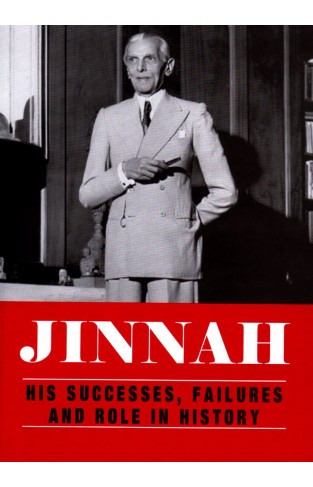
-By-Ishtiaq-Ahmed-120x187.jpg?q6)
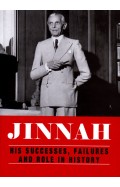

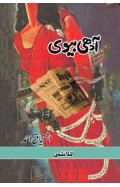

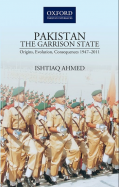

-120x187.jpg?q6)






-120x187.jpg?q6)
